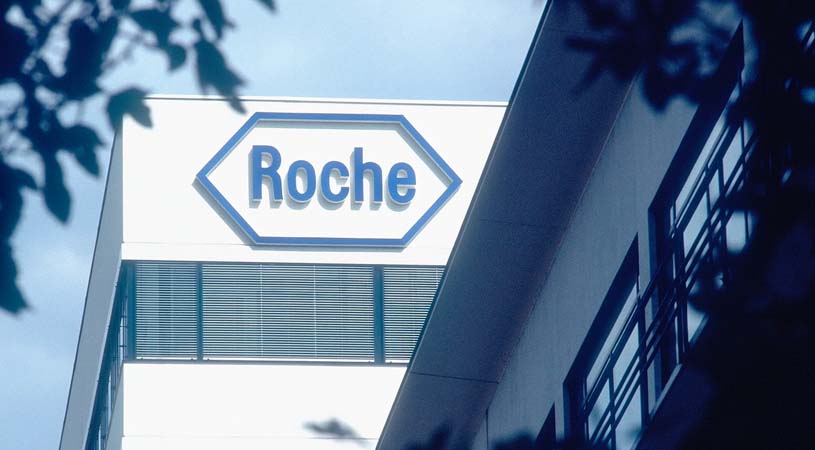Roche has reported positive results for a Phase III emicizumab drug test to treat hemophilia A in children. The Swiss pharmaceutical company conducted a second trial of the drug, dubbed HAVEN 2, and results showed that the medicine reduced the number of bleeding episodes in children with hemophilia under the age of 12 years.
19 children were administered Emicizumab by subcutaneous injection once a week for twelve weeks. The results were consistent with the outcomes of the first trial of the drug conducted in December 2016, named HAVEN 1, which showed the same reduction of bleeding episodes for patients aged 12 or older with hemophilia A with inhibitors to factor VII.

Emicizumab stopped bleeding episodes in patients with hemophilia A
The announcement was made April 17 in light of World Hemophilia Day. Sandra Horning, chief medical officer and head of global product development at Roche, said that dealing with hemophilia A with inhibitors to factor VII is especially challenging for children and their caregivers, given that bleeding was difficult to control and treatments require frequent intravenous infusions.
“We are encouraged that once-weekly subcutaneous emicizumab prophylaxis showed a clinically meaningful reduction in the number of bleeds over time in children, and are pleased to share these results with the community as we join in celebrating World Hemophilia Day,” said Horning, according to a statement published on Roche’s website.
According to Genetic Engineering & Biotechnology News, in February, the pharmaceutical company reported on the European Haemophilia Consortium website that a patient enrolled in HAVEN 1 had died, although they insisted that the death was unrelated to emicizumab treatment.
Roche claimed that the patient’s death was due to rectal hemorrhage, which is not related to emicizumab treatment. However, news emerged following the patient’s death, with reports from November 2016 that claimed that the drug had been linked to some thrombosis-related serious adverse events. This led to concerns on whether the drug would obtain regulatory approval.
Over 320,000 people have hemophilia in the world
Hemophilia is an inherited disease in which an individual’s blood does not clot properly, leading to uncontrolled bleeding. Hemophilia A affects over 320,000 people worldwide, and about half of them have a serious form of the disorder. Individuals with hemophilia A usually lack or don’t have enough of factor VII, a protein which brings together the clotting factors IX and X. Binding IX to X is crucial in the formation of a blood clot to stop bleeding.
Two more Phase III studies of emicizumab are being conducted. HAVEN 3 is evaluating emicizumab prophylaxis given once a week to patients 12 years old or older with hemophilia A but without inhibitors to factor VII; and HAVEN 4, which will evaluate emicizumab dosed every four weeks in patients 12 years old or older with hemophilia A with or without inhibitors to factor VII.

The drug, called ACE910, was originally developed by Roche’s majority-owned Chungai, and it is designed to restore the normal blood clotting process and to bind IX and X factors. The company expects to enter the $11-billion-a-year hemophilia drug market with the drug, competing against companies like Novo Nordisk and Shire.
Source: Roche
